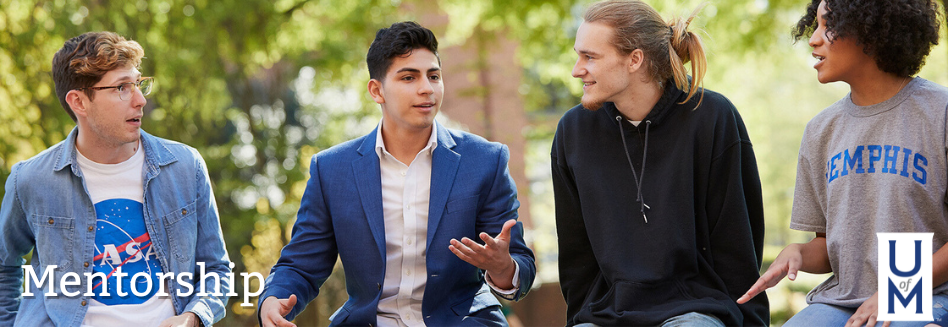Mentorship Program Benefits
The TRiO Mentoring Program links freshman participants with TRiO student leaders (mentors) with the goal of enabling mentees to develop life and career skills through the guidance of seasoned participants. Mentoring allows the student to learn about student life, career paths, networking, organizational cultures, business functions and industries. Participants receive constructive feedback about career goals, career building, personal skills and business skills.
While Peer Mentoring can provide valuable support for students at critical points in their student life, it offers a host of other benefits for both mentor and mentee. Mentoring is a mutual way of learning and for development of transferable skills that will help them during their time at the UofM and beyond.
Anticipated outcomes:
- Improved communication and personal skills
- Enhanced leadership and management qualities
- Reinforced study skills and knowledge of subject(s)
- Increased confidence and motivation
- Enhanced Curriculum vita
- Increased circle of friends
- Gain recognition for your skills and experience
- Sense of fulfilment and personal growth
Why become a TRiO Mentor?
Mentoring an incoming TRiO participant can be a rewarding experience. Interacting with students often prompts students who are well seasoned in undergraduate experience to reflect on their own careers and take stock of their accomplishments. Through the mentoring process, mentors come to realize how much they have learned and how much they have to offer. Most mentors also find the experience reinvigorates their interest both in their own work and in that of current career choices. The program is not merely a source for an informational interview, but rather an opportunity to create and foster relationships for the student's academic career and beyond.
Time Commitment
Primary activities are conducted during the academic year. After being assigned to their mentees, mentors will schedule contacts at least once per month. Unique mentor/mentee activities and programs, including visits to museums, volunteerism, workshops/seminars, etc. are scheduled throughout the year to aid in developing and cultivating the relationships.


